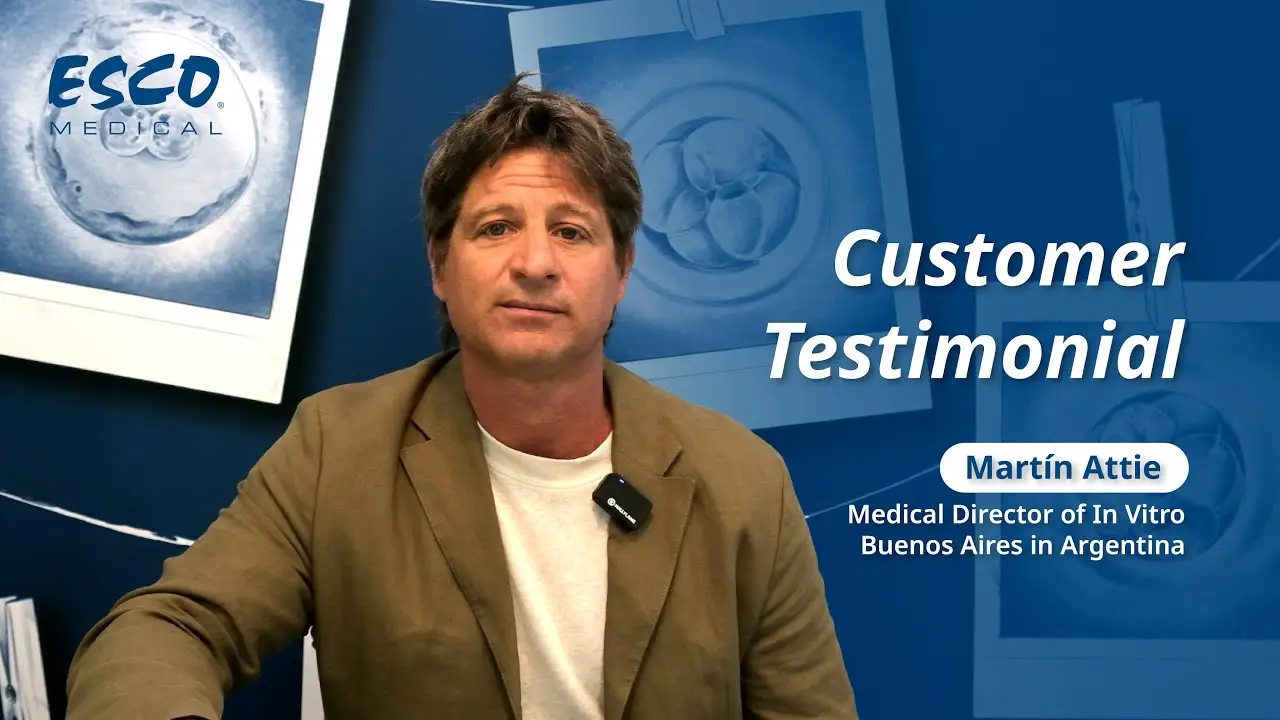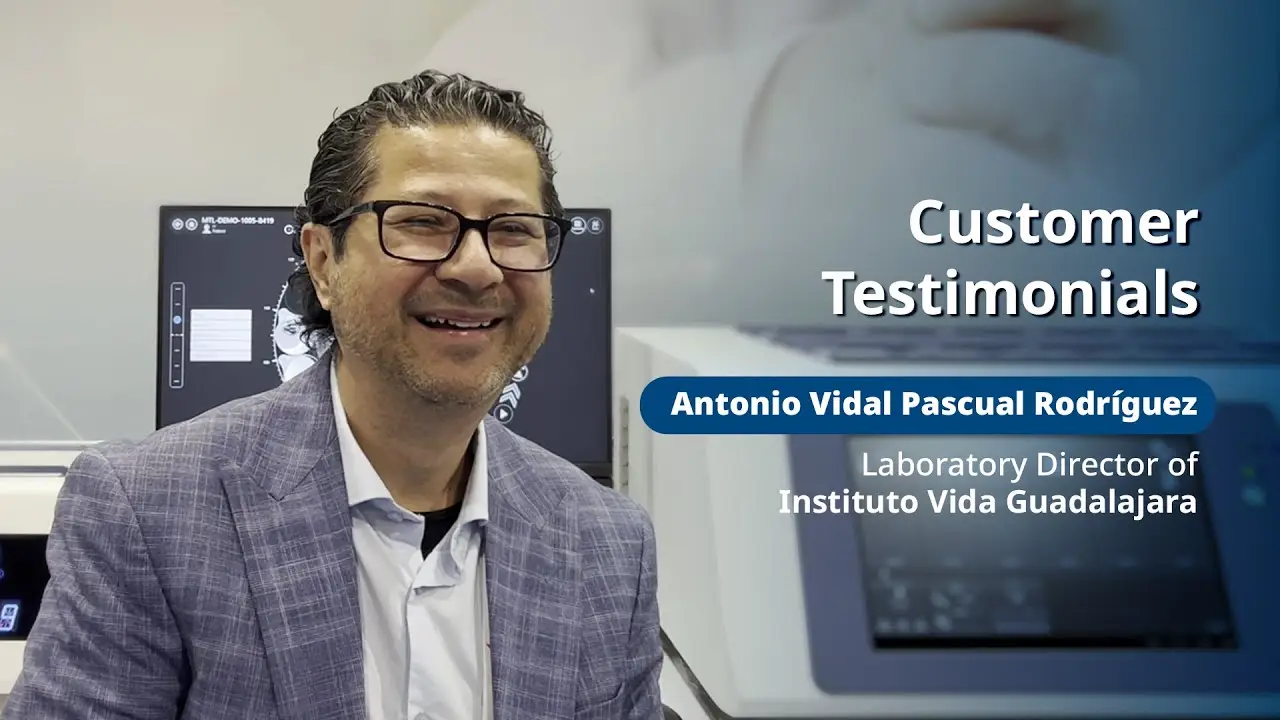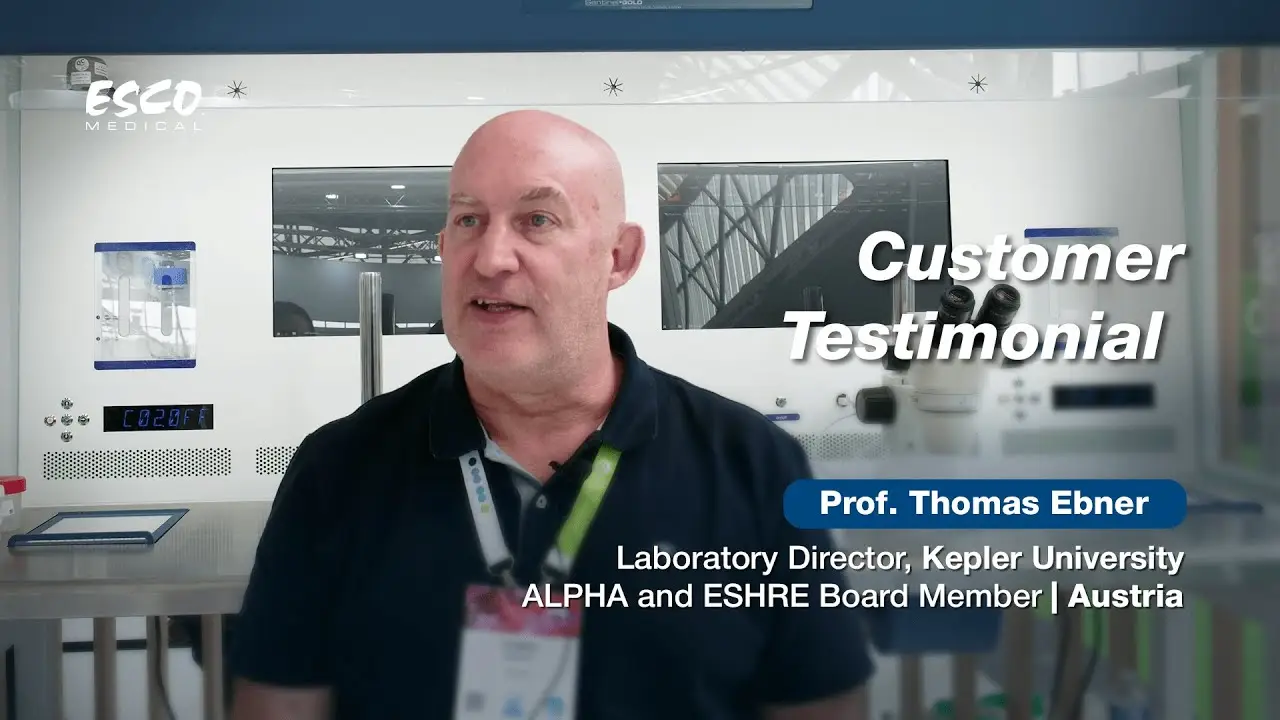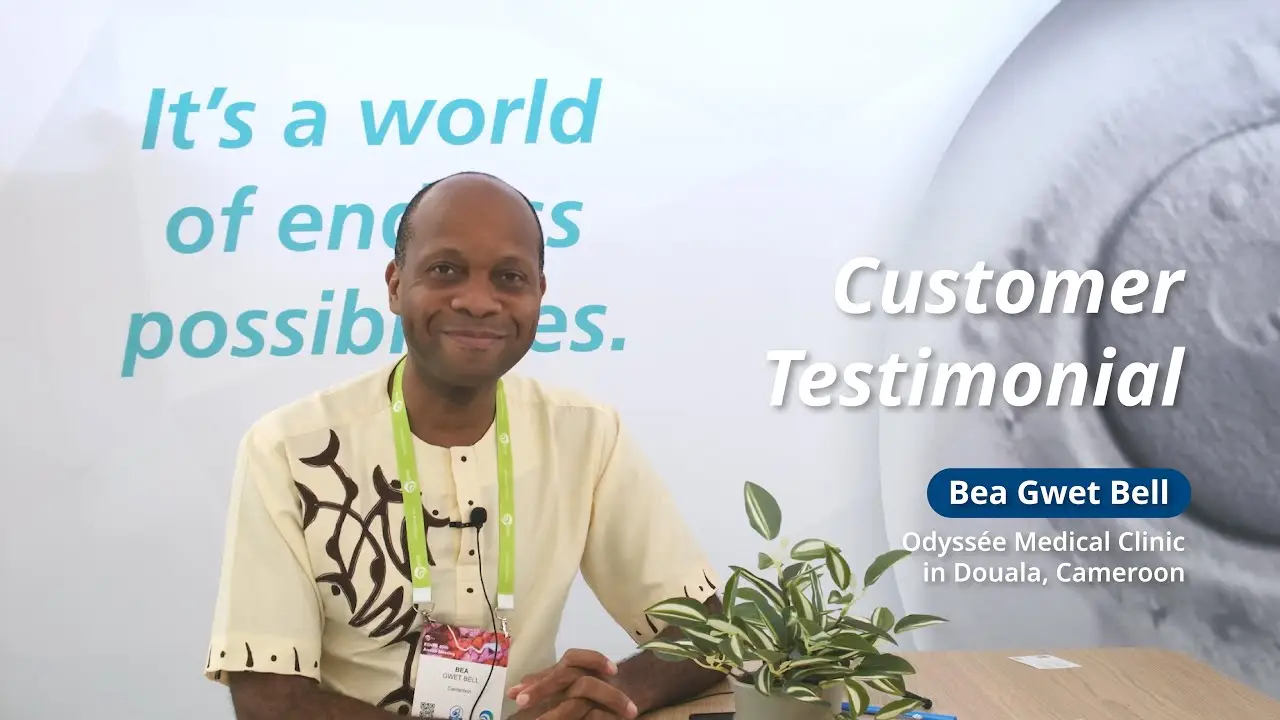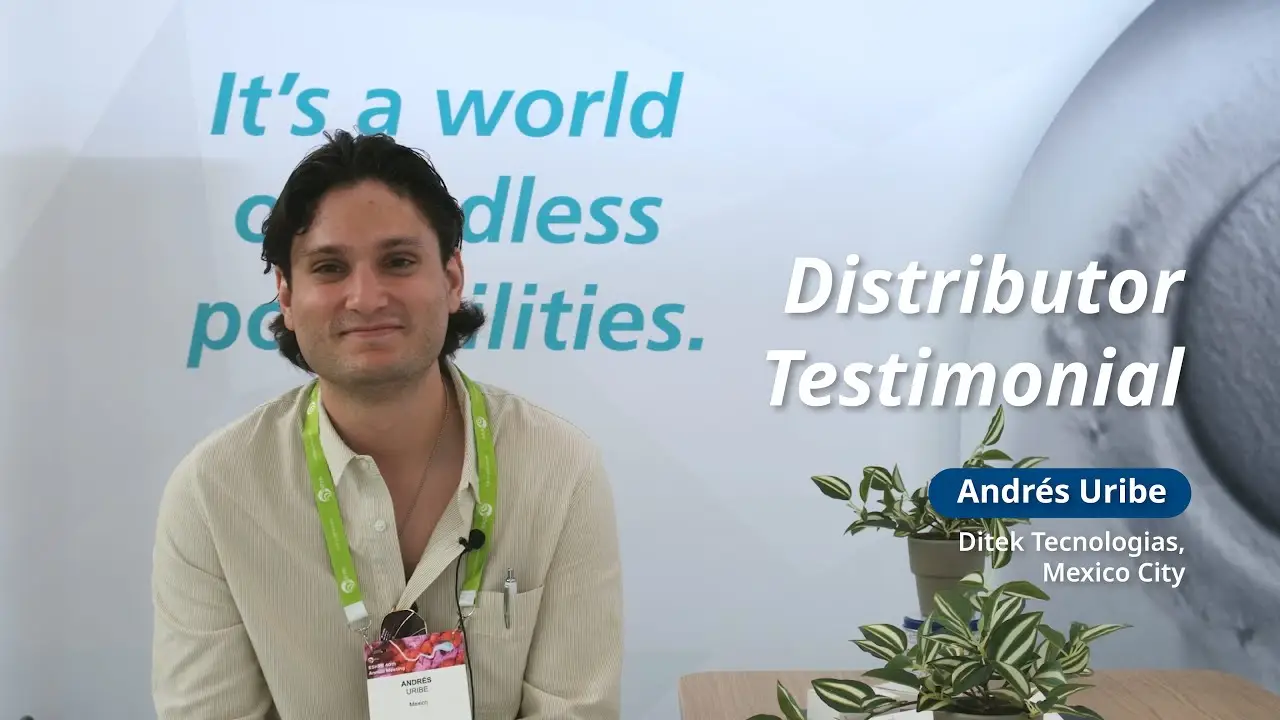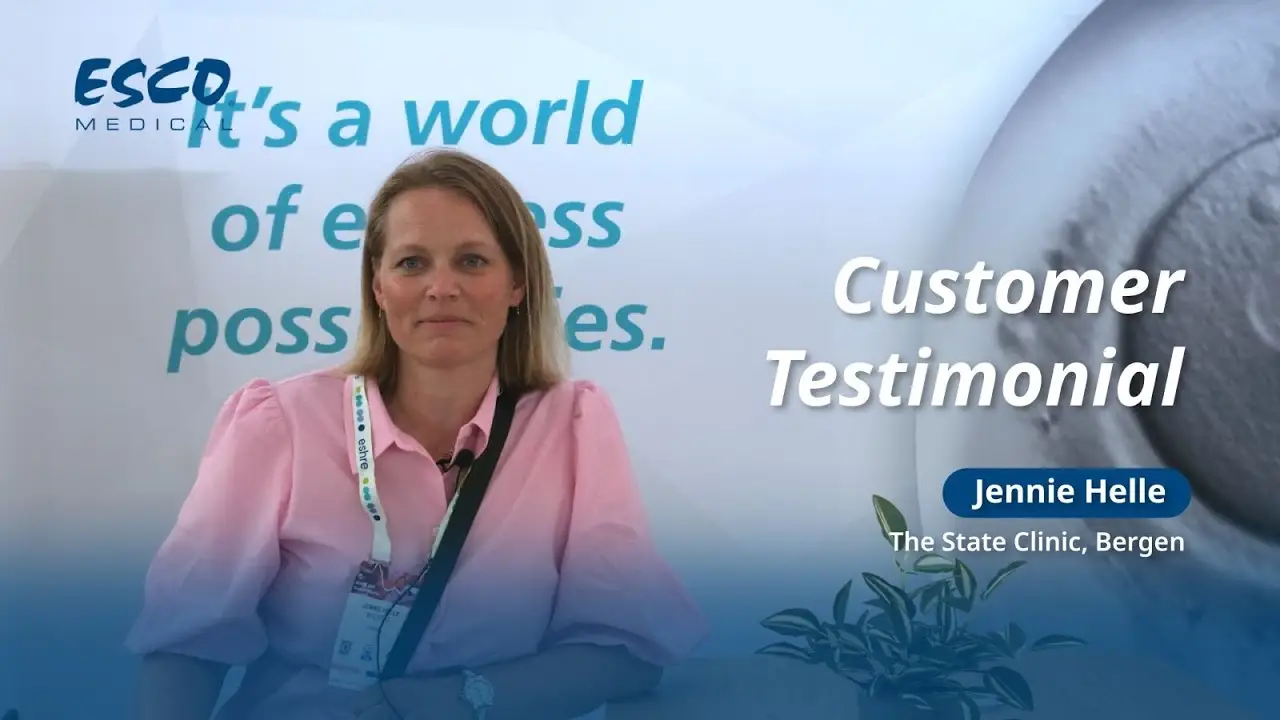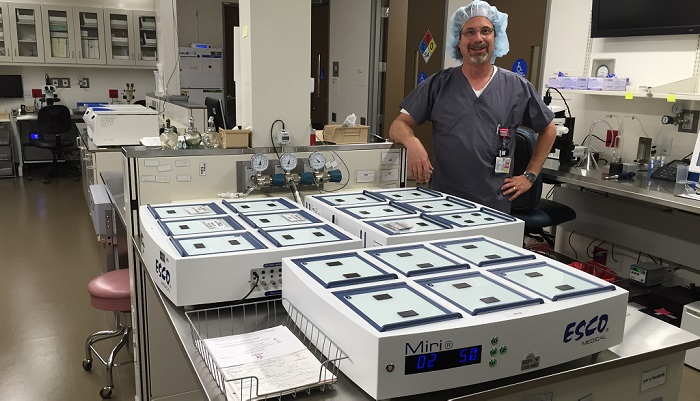
The Stanford University Medical Center has among the best IVF results in the US, with over 1000 cycles being done a year, with mostly on a mix of D3 and D5 transfers. Dr. Barry Behr, director of the said Laboratory, believes that giving the embryos the optimum culture environment is the key to a better IVF success rates.
It is for this reasons that the clinic chose to install three MIRI® Multiroom Incubator units because of the benefits of its overall design which provides cultured embryos a minimum-stress environment. The 6-chamber format prevents cross-contamination while HEPA filtration cleans the airstream. The small chamber volumes and direct heat regulation further translate to faster temperature and gas recovery.
Dr. Behr said, “Common stressors identified are fluctuations in both temperature and gas concentration parameters and non-optimal pH. If the embryos are allowed to grow in this kind of environment, it will have a detrimental impact on its development which could lead to poor outcomes. And we don’t want that to happen.”
He further said, by keeping these three parameters at a stable level, we are giving the embryos the optimum environment they need for them to develop very well and not trying to adapt to these stressors.
Dr. Barry Behr is currently a professor of Obstetrics and Gynecology (Reproductive Endocrinology and Infertility) at the Stanford University Medical Center. He holds several publications related to IVF with current research interests in the development of improved embryo culture conditions in-vitro and in improving IVF outcome.
.png)
